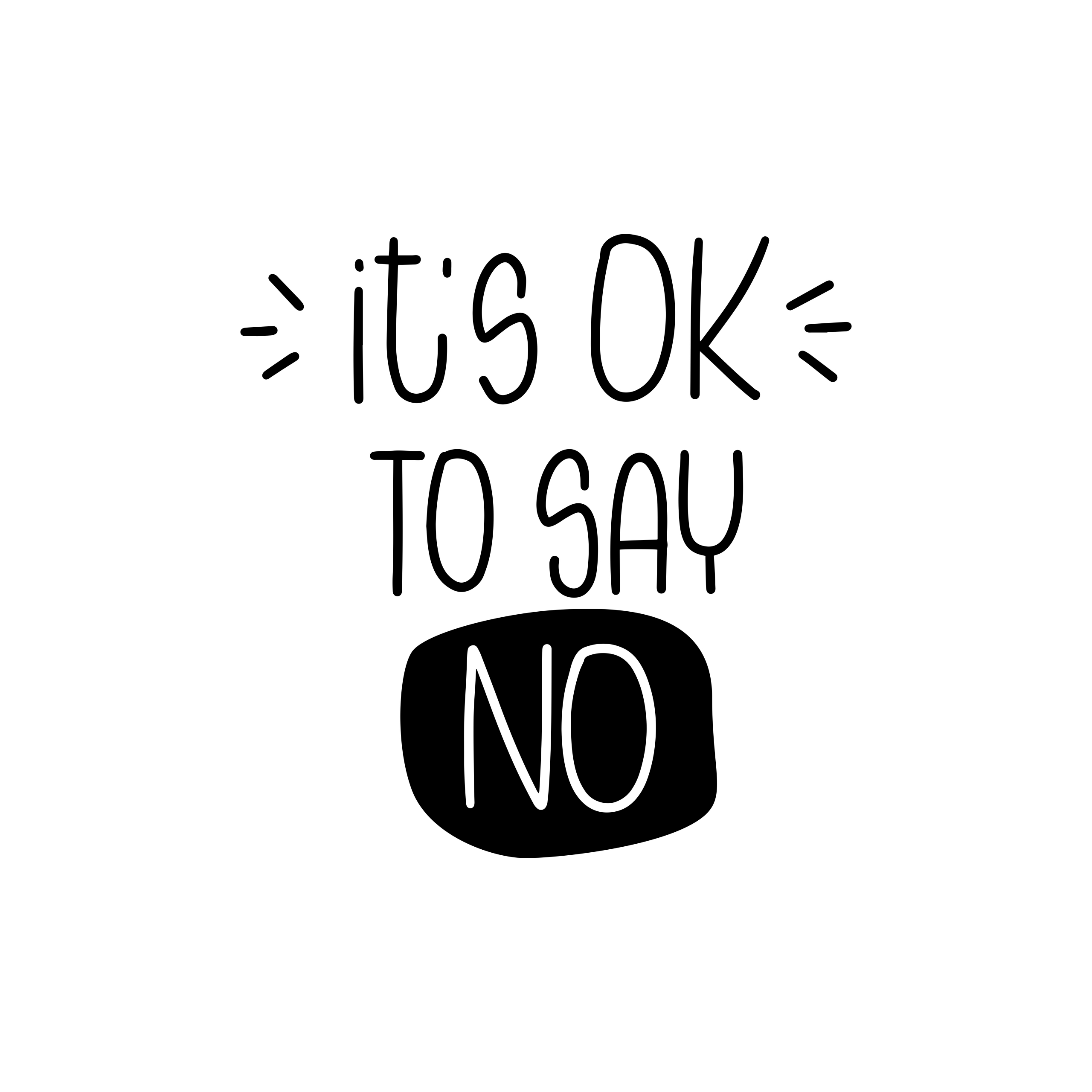Last week I wrote about the importance of clear boundaries. In this article, I’ll share some examples of clear boundaries as well as a process to work on clarifying yours.
Most (if not all) of us have at least occasionally left an interaction feeling uncomfortable, confused, irritated, taken for granted, or that we ‘should have’ stood up for ourselves.
If you have clear boundaries generally, then when this happens it’s a good reminder that we may need to be more aware of what is occurring in the moment and/or clearer with particular people or behaviours.
However, if we’re not really sure what our boundaries are in the first place, then we might consistently tend to be too flexible to the degree that our needs are over-ridden.
We might end up feeling confused about ‘what just happened’, or end up feeling resentful, emotionally flat, sad, or irrelevant. Over time, it can erode our sense of self, our resilience, and our sense of control over our life.
Your personal boundaries protect the inner core of your identity
and your right to choices.
Gerard Manly Hopkins
When our boundaries are unclear…
When our boundaries are unclear or non-existent, then it’s possible that:
- We may not recognise, or know what to do when we encounter, inappropriate behaviour
- We may put others’ wishes ahead of our own, or get caught up in peer pressure
- We aren’t clear about who we are or what we value
- We let others’ emotional states affect our emotions, our actions, or decisions; or we feel responsible for their happiness
- We allow others to make decisions for us, and consequently feel powerless
- We step in and act ‘on behalf’ of others, without checking with them first
- We can’t say no .. and therefore may feel taken for granted, exploited, or continually over-ridden
- We don’t take responsibility for our own actions and tend to blame others
- We share too much too soon or, at the other extreme, we don’t express our needs and wants
- We don’t want to stand up for ourselves in case…. (.. insert any number of outcomes here, e.g., we hurt someone’s feelings, we get rejected, etc)
The clearest example of asserting your boundaries
The clearest example is to just say “no”, such as:
- Decline physical contact you don’t want (e.g., sexual advances)
- Don’t disclose personal information you don’t want to disclose
- Decline a request to do a work task on your day off or when you are sick, or
- Turn away a salesperson from the front door if you are not interested or if you are in the middle of something
Some other examples of clear boundaries include:
- A professional (e.g., therapist, doctor) keeping a line between professional and personal interactions (e.g., not disclosing personal details to a client, or maintaining a polite distance if you happen to meet outside of work-related meetings and events)
- Being clear on time limits for a meeting or stating a time when you need to leave if you must be elsewhere at a certain time (including if ‘elsewhere’ is personal, such as picking up kids from school or getting to a doctor’s appointment)
- Holding family members or flatmates accountable to an agreed behavioural expectation (e.g., if all adults in a household have agreed to prepare dinner on a set night, then don’t step in for someone who consistently fails to deliver, or don’t consistently pick up your teenager’s dirty clothes … and then complain about being the ‘housemaid’)
Clarifying your boundaries
We develop our boundaries over time. We have some that we’ve learned from (or that have been imposed by) our parents and our upbringing, and these can be a strong foundation.
Ultimately, we need to choose and develop boundaries that work for us as adults and the life we wish to lead.
Two different processes are accessible below.
Write down your thoughts as you go.
Writing helps to clarify your thinking and may enable new insights to occur.
1. Reflect on an actual situation
Last week, I asked you to reflect on some situations where you felt that your boundaries (or lack of them) resulted in a less than satisfactory outcome for you or others. Most people will identify something that affected them (rather than their behaviour affecting others), so we’ll focus on that scenario here.
If you have trouble remembering a situation, think back to a time when you felt anger or resentment, or when you complained about something that affected you. It’s likely that the situation will give you some direction about where you might need to set a boundary.
-
- What was this experience: what happened and what was the issue?
- What would you have preferred happened instead?
- What could you have said that:
- Clearly outlined your preferences?
- Provided enough information to the other person so they understood your preferences?*
- How could you have said this in a way that was clear and firm, as well as respectful of the other person?
- Would it be helpful to raise the situation with the other person and state your boundaries now? If not, how will you know when a similar situation arises in the future (what will be the triggers?), so that you can be clear on where you stand?
*Note: This part won’t always be needed. Sometimes you say no and that’s just how it is – you don’t need to justify yourself. However, sometimes a short reason provides clarity, explains the impact of a behaviour, and/or outlines consequences if no change occurs.
2. Establish or review general foundational boundaries
If you’d like to start to establish some general foundational boundaries, or review the boundaries you have, then this process might help.
When you have relatively clear boundaries, it’s easier to know when and how to say no.
It enables you to be honest and open with others about those boundaries, meaning there is reduced likelihood that you will feel exploited or unsettled.
There will be one further article on boundaries next week, outlining one of the biggest boundary traps we all fall into, as well as some tips on how to assert your boundaries in the moment (and get past any fear of expressing your view).
Compassionate people ask for what they need.
They say no when they need to, and when they say yes, they mean it.
They’re compassionate because their boundaries keep them out of resentment.
Brené Brown






